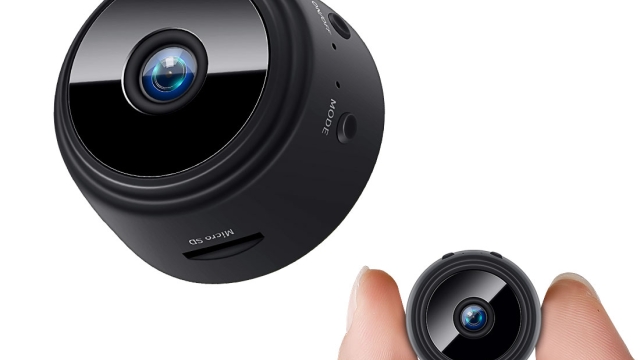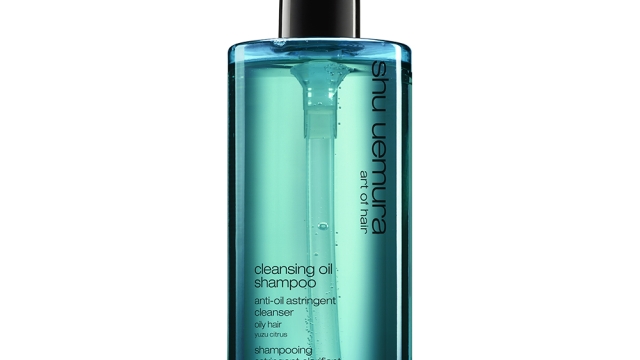Introducing "Uncover the Secrets: A Guide to Ensuring Optimal Performance for Your Security Cameras"! In this article, we will dive deep into the world of security camera repairs, as well as explore the vast realm of security cameras available in the wholesale market. We know how crucial it is to have reliable surveillance systems in place, and that’s why "Worldstar Security Cameras" has assembled a team of professionals who specialize in the technical and design aspects of the video surveillance industry. With their expertise, you can rest assured that your security cameras will be functioning flawlessly. So, let’s embark on this informative journey and uncover the secrets behind maintaining optimal performance for your security cameras.
Common Security Camera Issues
Security cameras are an essential component of any well-rounded surveillance system. However, like any electronic device, they can encounter issues that may hinder their optimal performance. In this section, we will explore some of the most common security camera issues that you may come across.
-
Image Quality Problems: One of the most prevalent issues faced by security cameras is poor image quality. This can manifest as blurry or pixelated footage, making it difficult to identify crucial details. Image quality problems can be caused by various factors, including dirt or dust on the camera lens, insufficient lighting conditions, or incorrect camera settings. Regular cleaning and maintenance, adjusting the camera’s focus and exposure settings, and ensuring proper lighting can help resolve these issues.
-
Camera Connectivity Troubles: Another common issue pertains to camera connectivity. Sometimes, security cameras may lose their connection to the network or the video monitoring system. This can result in interrupted or no video feed, rendering the cameras ineffective. Connectivity problems can stem from faulty network cables, Wi-Fi signal interference, or issues with the camera’s IP address. Checking the connectivity cables, relocating or reconfiguring the cameras, and updating firmware or software can often rectify these problems.
- Security Camera Installation
Power Supply Interruptions: Security cameras require a reliable and uninterrupted power supply to function correctly. Power outages or fluctuations can cause cameras to shut down or experience performance issues. Insufficient power capacity, damaged power cables, or faulty power adapters can all contribute to power supply interruptions. Ensuring a stable power source, using surge protectors, and regularly inspecting and replacing damaged cables or adapters can help mitigate these power-related issues.

These are just a few of the common security camera issues that can arise. By understanding and addressing these challenges proactively, you can safeguard the smooth operation of your surveillance system and maximize its effectiveness in protecting your property or premises.
Tips for Maintaining Your Security Cameras
Regular maintenance is crucial for ensuring the optimal performance of your security cameras. By following these simple tips, you can keep your cameras in top condition and enhance the effectiveness of your video surveillance system.
-
Clean and Dust Your Cameras: Dust and debris can accumulate on the lenses and affect the quality of your camera’s footage. Regularly clean the lenses using a soft, lint-free cloth to wipe away any dirt or smudges. For stubborn stains, gently dampen the cloth with a mild cleaning solution. Additionally, ensure that the camera housing and surrounding areas are free from dust and dirt buildup. Keeping your cameras clean will result in clear, accurate video footage.
-
Inspect and Secure Wiring Connections: Over time, wires can become loose or damaged due to weather conditions or general wear and tear. Periodically inspect the wiring connections of your security cameras to ensure they are secure and functioning properly. Look for any signs of frayed or exposed wires, and if you notice any issues, repair or replace the cables promptly. It’s also a good practice to check the power supply and make sure it’s providing a consistent and stable voltage to your cameras.
-
Update Firmware and Software: Manufacturers often release firmware and software updates for security cameras to improve their functionality and address any known issues. Regularly check for updates from your camera’s manufacturer and follow their instructions for installing the latest firmware or software. By keeping your cameras up to date, you can take advantage of new features and enhancements while ensuring optimal performance and compatibility with other devices in your surveillance system.
Remember, by implementing these maintenance tips, you can extend the lifespan of your security cameras and maximize their performance, providing you with reliable video surveillance and peace of mind.
Choosing the Right Security Camera Supplier
Finding the right supplier for your security camera needs is crucial to ensure optimal performance and reliability. With numerous options available, it’s important to consider a few key factors before making a decision. Here are some factors to keep in mind while selecting a security camera supplier:
-
Reputation: Look for a supplier with a solid reputation in the industry. Word of mouth recommendations or online reviews can provide valuable insight into the supplier’s reliability, quality of products, and level of customer service. A reputable supplier will have a track record of delivering superior security cameras and meeting the needs of their clients.
-
Product Range: Consider the variety of security cameras offered by the supplier. Are they able to provide a range of options to suit different surveillance needs? Whether you require indoor or outdoor cameras, high-resolution cameras, or specialty cameras, it’s important to choose a supplier with a diverse product range to ensure they can meet your specific requirements.
-
Technical Expertise: The technical knowledge and expertise of the supplier’s team can greatly impact your experience with their products. Look for a supplier that has a team of professionals who are well-versed in the technical aspects of security cameras. A supplier with knowledgeable staff can assist you in selecting the right cameras for your specific application and provide valuable guidance on installation and troubleshooting.
In conclusion, when choosing a security camera supplier, consider their reputation, product range, and technical expertise. By taking these factors into account, you can ensure you partner with a reliable supplier who can fulfill your security camera needs effectively. Remember, selecting the right supplier is a critical step in ensuring the optimal performance of your security cameras.



